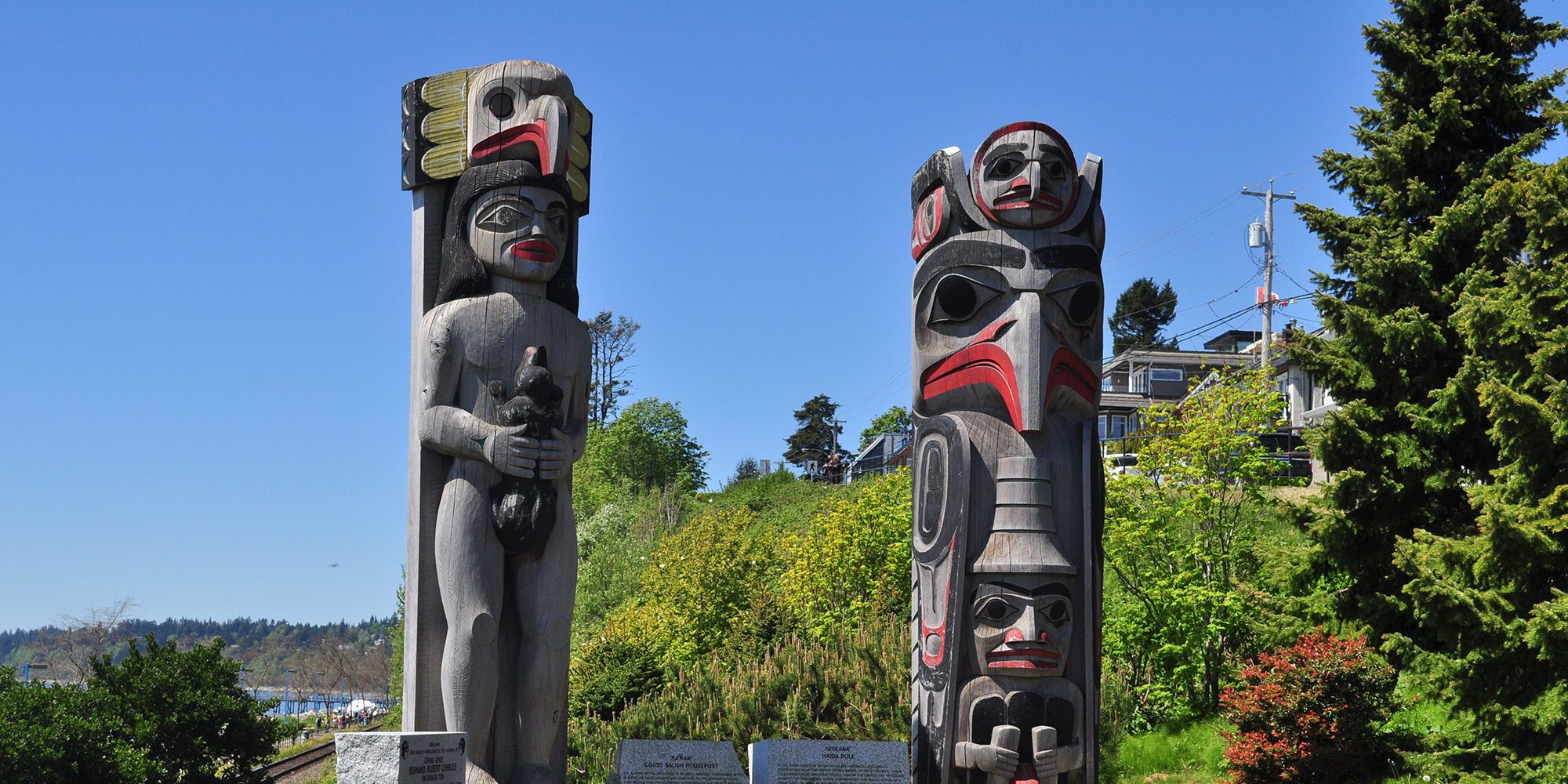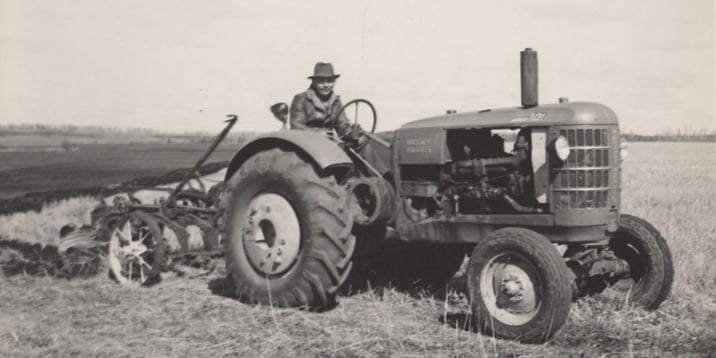Meaningful Consultation: Happy Days or Project Delays
Recent events in Canada have shown that resource development projects can face extensive resistance from the affected Indigenous communities if...

Did you know that many, if not most, large projects undertaken in Canada are being done by proponents without any effect on their own balance sheet? In commercial investment sectors this is known as project financing.
Project financing is the development of a project where the bulk of the financing, both equity and debt, is repaid primarily out of the assets being financed and their revenues. It’s paid solely out of the project.
According to Denton’s 2016 “A Guide to Project Finance”, in Canada in 2015 project financing was the vehicle for 72 deals worth nearly $20 Billion. Many of these projects were in the renewable energy sector, however this is a typical structure and approach for projects in other sectors such as infrastructure, resource development, and large commercial and residential development.
Proponents and investors have moved towards the project financing model for a number of business and economic reasons. Some of which include:
For these same reasons, as well as the fact that First Nations may have limited capital to leverage, there is nothing stopping First Nations from utilizing this same approach to developing projects in their territory.
We wanted to find out more about project financing for First Nations so spoke with Mike Bonshor, Ki’mola Indigenous Capital
“The key to a project financing approach is the strength of the project - the ability of the project to repay its debt and provide a reasonable return to its investors.
For First Nations in Canada, these projects are happening throughout their territory. In some cases, First Nations are leading these projects, and in most cases (hopefully) First Nations have an opportunity to participate in them through negotiated Impact and Benefit Agreements.
Whether it’s a mining, road, or renewable energy project as long as it has sound economics, First Nations can take a lead role in its development.
The first step in realizing this opportunity is the First Nation negotiating an opportunity to participate in the project, through an Impact Benefit, or Mutual Benefit Agreement.”
This is the time, in this new era of reconciliation with First Nations, for the Indigenous and investment community to come together and create new solutions - solutions that can create economic benefits for all sides.
Ki’mola Indigenous Capital enables First Nations to participate in these projects by helping First Nations to take a lead, or substantial role, in projects that are being developed in their territory.
Here's a generic IBA agreement that you can download and adapt to your particular needs.
Indigenous Corporate Training Inc., provides information on this blog for free as a resource for those seeking information about Indigenous Peoples in Canada. Readers looking for more detailed information, or who have questions, can sign up for our fee-for-service training. Also, ICT encourages everyone who reads this information to use their best judgment given their own circumstances, vulnerabilities, and needs, and to contact a consulting or legal professional if you have more specific questions. Join the conversation over on our Linkedin page.

Recent events in Canada have shown that resource development projects can face extensive resistance from the affected Indigenous communities if...

"cultural heritage resource" means an object, a site or the location of a traditional societal practice that is of historical, cultural or...

1 min read
Enfranchisement of any First Nation admitted to university (1880 amendment) 99.(1) Any Indian who may be admitted to the degree of Doctor of...